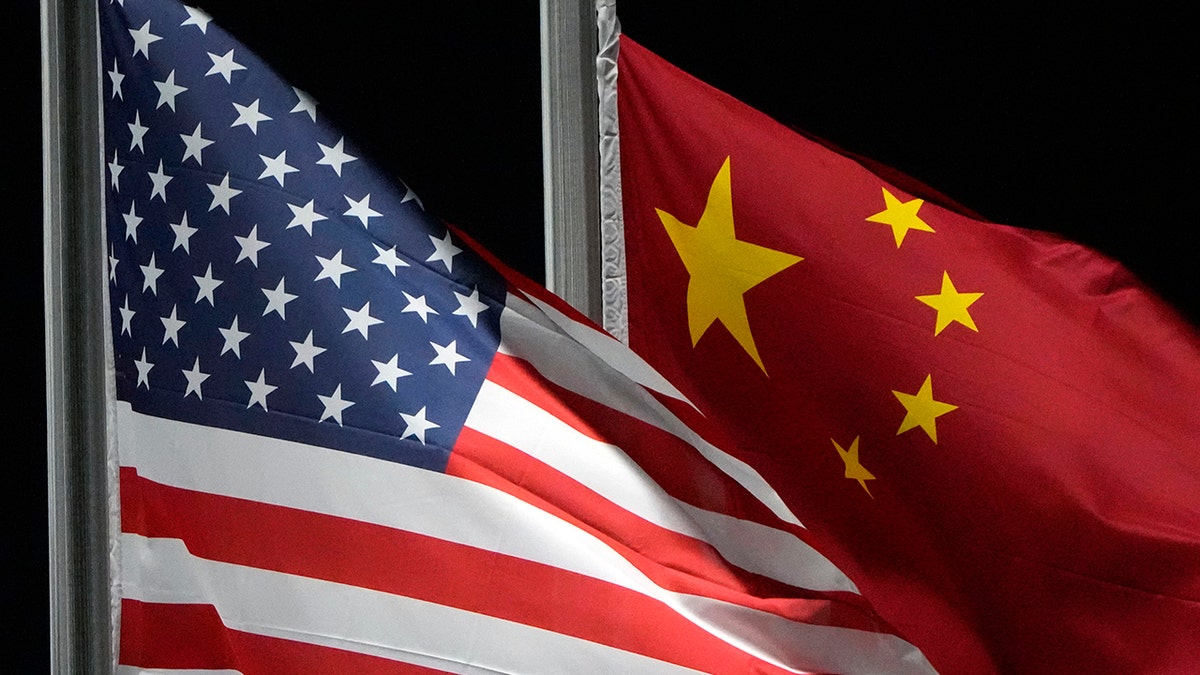Former UN Ambassador and Republican presidential candidate Nikki Haley has taken a firm stance against Chinese investment in American universities, raising concerns about the spread of communist propaganda through Confucius Institutes. However, her record as South Carolina's governor reveals a more nuanced picture. During her tenure, at least two universities in the state hosted Confucius Institutes, sparking debate about the extent of Chinese influence in American education.

Haley's recent pronouncements on China's involvement in American higher education stand in contrast to the presence of these programs during her governorship. The University of South Carolina (USC) housed a Confucius Institute for over a decade, despite concerns raised by lawmakers and education experts. The program, established in 2008, was eventually discontinued in 2021 after a vote by the board of trustees. At its peak, the program boasted a modest enrollment, with fewer than 100 students participating in classes taught by a Confucius Institute professor in 2018. USC maintained that faculty controlled the curriculum and that Confucius Institute staff only taught language courses, not culture or other subjects. However, reports indicate the institute had influence over course materials and budget approvals.

A smaller institution, Presbyterian College, also hosted a Confucius Institute from 2009 until recently. This program focused on language instruction and promoting commercial ties between China and the Upstate region of South Carolina. The institute has since been closed and replaced with a new initiative focused on South Korea and East Asia.

Haley's campaign has addressed the seeming discrepancy, stating that the dangers of Confucius Institutes became clearer after her time as governor. They emphasize her current advocacy for stricter regulations on Chinese influence in universities and the economy. Haley herself has stated that universities should have to choose between accepting Chinese or American funding, but not both. This stance reflects a growing national concern over the potential for foreign influence in American education and research. The Senate's passage of the CONFUCIUS Act in 2021 demonstrates the bipartisan support for greater scrutiny of these programs, though the bill did not advance in the House. The debate continues as Haley campaigns on a platform of countering Chinese influence, highlighting the complex relationship between international collaboration and national security concerns.
Comments(0)
Top Comments